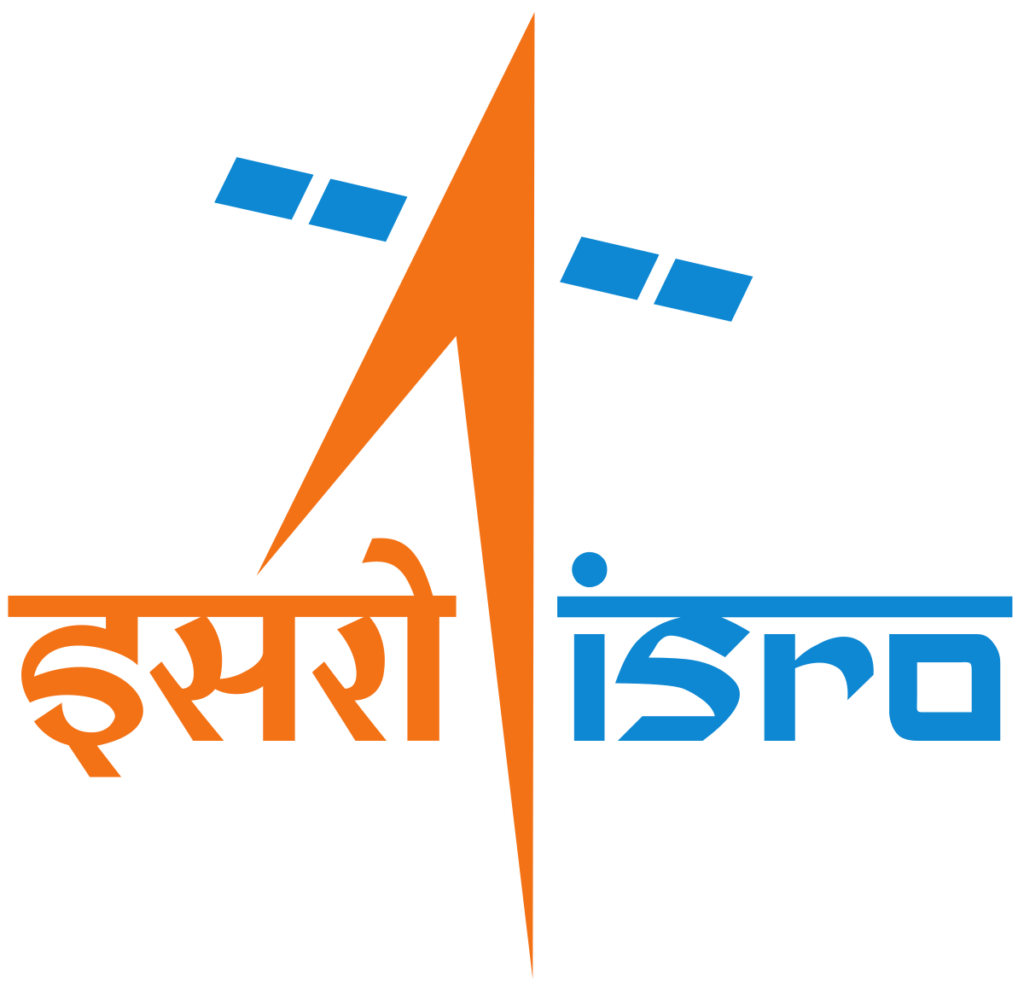
Indian Space Research Organisation (ISRO) is the space agency of India. The organisation is involved in science, engineering and technology to harvest the benefits of outer space for India and the mankind.
ISRO was formed on August 15, 1969 and superseded INCOSPAR with an expanded role to harness space technology. ISRO has its headquarters in Bengaluru. ISRO was previously the Indian National Committee for Space Research (INCOSPAR), set up by the Government of India in 1962, as envisioned by Dr. Vikram A Sarabhai. Department of Space was set up and ISRO was brought under Department of Space in 1972. ISRO has its headquarters in Bengaluru.
Vision of ISRO
The vision of the Indian Space Research Organisation ISRO is to harness, sustain and augment space technology for National development, while pursuing Space Science Research and Planetary Exploration.
Mission
- Design and development of launch vehicles and related technologies for providing access to space.
- Design and development of satellites and related technologies for earth observation, communication, navigation, meteorology and space science.
- Communication programme for meeting telecommunication, television broadcasting and developmental applications.
- Satellite-based Remote Sensing programme for management of natural resources and monitoring of environment using space based imagery.
- Space based navigation system
- Space based Applications for Societal development.
- Research and Development in space science and planetary exploration.
- Promote and authorise private firms to play key role in global Space market
Objectives of ISRO
The prime objective of ISRO is the development and application of space technology for national needs. The brief objectives are as follows:
- Operational flights of Polar Satellite Launch Vehicle ( PSLV), Geo-synchronous Satellite Launch Vehicle (GSLV) and Small Satellite Launch Vehicle (SSLV)
- Design and development of New Space Transportation solutions
- Design, Development and Realization of Communication Satellites
- Design, Development and Realization of Earth Observation Satellites.
- Development of Navigation Satellite Systems
- Development of satellites for Space Science and Planetary Exploration
- Earth Observation Applications
- Space based systems for Societal Applications
- Advanced Technologies and newer initiatives
- Training, Capacity building and Education
- Promotion of Space technology
- Infrastructure / Facility Development for space research
- International Cooperation
- Commercial utilisation of the products and services emanating from the Indian space programme
- Promotion & Authorisation of Indian private firms in Space sector
To fulfil these objectives, ISRO has established major space systems for communication, television broadcasting and meteorological services; resources monitoring and management; space-based navigation services. ISRO has developed satellite launch vehicles, PSLV and GSLV, to place the satellites in the required orbits.
The various centres and units across the country and their activities & functions undertaken:
- Vikram Sarabhai Space Centre (VSSC), Thiruvananthapuram – Launch Vehicles are built in this centre.
2. U R Rao Satellite Centre (URSC), Bengaluru – Satellites are designed and developed
3. Satish Dhawan Space Centre (SDSC), Sriharikota – Integration and launching of satellites and launch vehicles
4. Liquid Propulsion Systems Centre (LPSC), Valiamala & Bengaluru – Development of liquid stages including cryogenic stage
5. Space Applications Centre (SAC), Ahmedabad – Sensors for Communication and Remote Sensing satellites and application aspects of the space technology
6. National Remote Sensing Centre (NRSC), Hyderabad– Remote Sensing satellite data reception processing and dissemination

